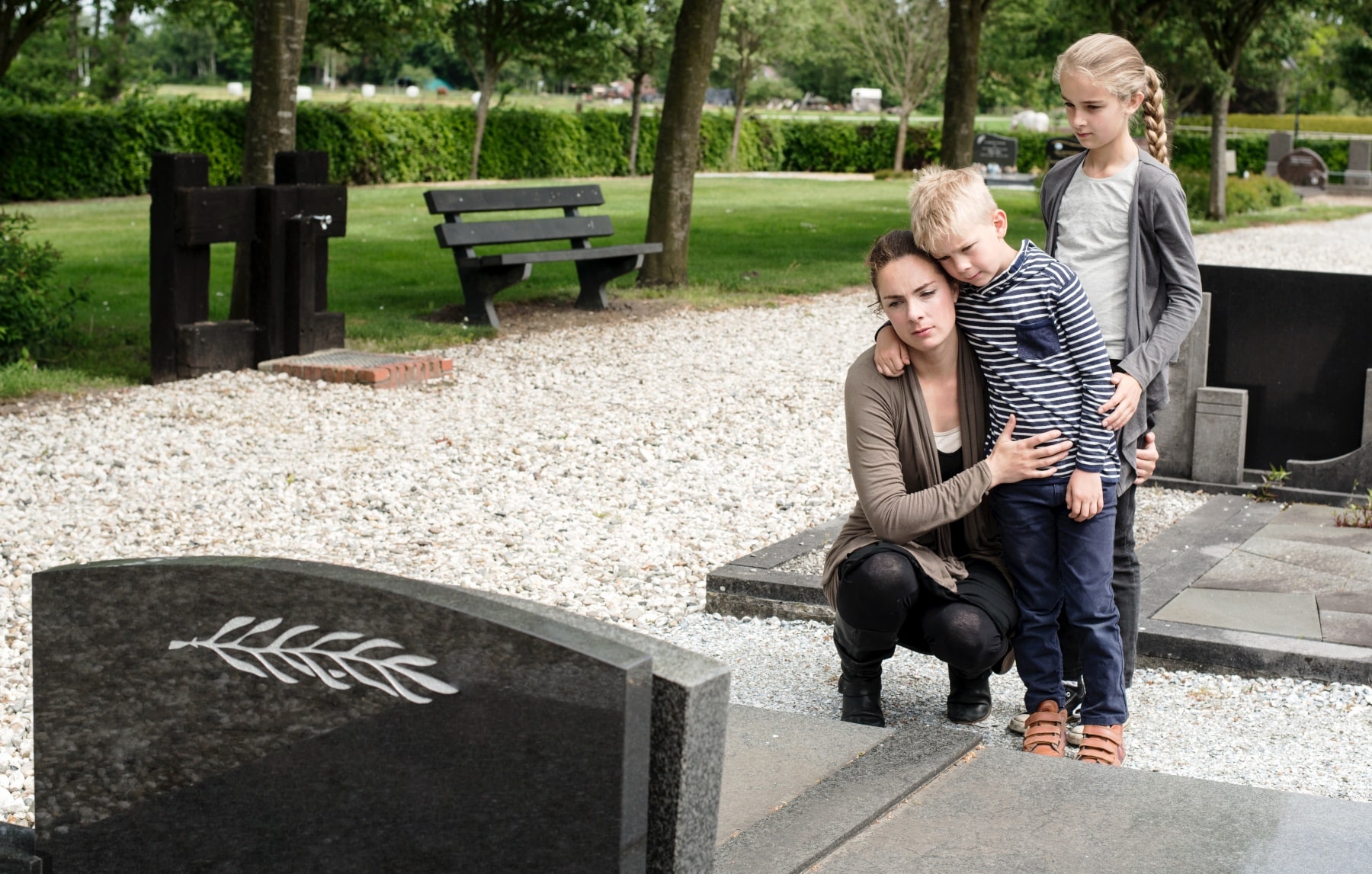What is the 2025-2026 Cost of Living Adjustment in Washington State Workers' Compensation? Washington State’s Department of Labor & Industries…
Posthumous PPD Awards: Are Injured Worker’s Survivors Eligible?

What is a Posthumous Permanent Partial Disability (PPD) Award?
A posthumous PPD award is an entitlement of an injured worker’s survivors to claim an amount of permanent partial disability (PPD) payment equal to what the worker should have received had they not died prior to their L&I claim closure. Not all workers’ estates will be eligible. The rules and burden of proof are both technical and exacting. The estate of the injured worker will therefore generally need to hire experienced workers’ compensation counsel to assist in obtaining the recovery. Workers compensation attorneys generally provide this service on a contingent basis, meaning that no attorney fee will be requested of the injured worker’s estate unless or until the posthumous PPD award is recovered through legal process.
Are Injured Workers Eligible for Posthumous Permanent Partial Disability (PPD)?
Yes. Workers’ Compensation statutes provide that survivors of injured workers are eligible to receive posthumous benefit awards after the worker’s death from unrelated causes. The awards may include payment for all periods of temporary total disability as well as for permanent partial disability (PPD).
What Types of Work-Related Injuries Are Eligible For Posthumous PPD Awards?
Both physical health injuries and mental health injuries are eligible for posthumous PPD Award assessment. Category of Impairment ratings are made pursuant to the rules set forth at WAC 296-20-200 et. seq. for unspecified permanent partial disabilities, while specified permanent partial disabilities are rated via the AMA Guides to the Evaluation of Permanent Partial Disability, Fifth Edition.
Who Can Claim An Injured Worker’s Posthumous PPD Award?
Either a statutory survivor or a representative of the injured worker’s estate can claim the worker’s posthumous PPD award and will be substituted as the primary party in the worker’s industrial injury or occupational disease claim. RCW 51.32.040(2)(a) provides that posthumous benefits will be distributed according to the worker’s will or, if no will exists, consistent with the intestate succession statute at RCW 11.04.015.
What is the Statutory Basis of a Posthumous PPD Award in Washington?
RCW 51.32.040(2)(a) provides that if a worker dies from an injury or other cause unrelated to their workers’ compensation (L&I) injury or occupational disease, the worker’s survivors are eligible to receive all previously unliquidated claim benefits and/or a PPD award.
Did the Law Always Provide for Posthumous PPD Awards in L&I Claims?
No. In Zahler v. Dep’t of Labor & Indus., 125 Wn. 410, 217 P. 55 (1933), the Washington Supreme Court found that under the originally enacted version of RCW 51.32.040, permanent partial disability benefits did not survive an injured worker’s death so could not be paid to a widow or surviving children. Reacting to the decision, the Washington legislature modified RCW 51.32.040 to provide for protection of awards after the injured worker’s death. However, the Washington Supreme Court thereafter initially found that the statutory modification would apply only to awards already decided but not yet distributed at the time of the worker’s death. Albertson v. Dep’t of Labor & Indus., 28 Wn.2d 750, 184 P.2d 53 (1947); Curry v. Dep’t of Labor & Indus., 49 Wn.2d 93, 298 P.2d 485 (1956). A sharply split, five-to-four Washington Supreme Court last re-affirmed this harsh rule in Urban v. Dep’t of Labor & Indus., 75 Wn.2d 787, 454 P.2d 395 (1969). However, just two years later the Supreme Court would unanimously reverse itself in the case of Powell v. Dep’t of Labor & Indus., 79 Wn.2d 378, 485 P.2d 990 (1971). Ever since, posthumous time loss benefits and posthumous PPD awards have been available to the survivors of Washington’s injured workers.
How Can an Injured Worker’s Estate Claim Their Posthumous PPD Award?
The estate should secure a forensic expert medical analysis certifying the amount of the injured worker’s permanent partial disability (PPD) as of the date of the injured worker’s death. This analysis must be timely submitted to the Department of Labor & Industries. The Department will then make a determination which is subject to appeal rights.
What are the Leading Court Cases That Concern Posthumous PPD Awards?
In October 2006, the Board of Industrial Insurance Appeals decided In re James McShane (Dec’d), BIIA Dec., 05 16629 (2006), a Significant Decision which sets the current burden of proof for posthumous PPD claims. Meanwhile, Washington Law Center has long fought to expand the rights of injured workers and their beneficiaries, leading us to our current fight for an easier and more practical burden of proof in posthumous PPD cases. Whereas the Board in McShane ruled that injured workers must prove how the severity of their industrial condition would have resulted had they received all appropriate medical care before dying (an unrealistic legal requirement given that the Department and Self-Insured Employers often impede worker’s from obtaining proper and necessary medical care over such lengthy timeframes that the proofs become entirely speculative and can then be rejected on that basis), we are fighting for a more realistic legal standard that posthumous PPD awards should be based only upon the injured worker’s condition at the time of their death, unless the Department can prove that it had already authorized or was going to authorize specific additional treatments (which can then be considered). See a link to our Appellant’s Brief to Division 1 of our Washington State Court of Appeals here.
Who Should You Contact About Claiming A Posthumous PPD Award?
You should contact the experienced workers’ compensation attorneys of Washington Law Center regarding any L&I injury or occupational disease claim in which the injured worker has recently died, whether from causes related or unrelated to their L&I claim. The posthumous PPD claim process can be frictional and require litigation for the injured worker’s survivors to prevail. Strict time limitations and other technicalities for claiming posthumous benefits apply, so please act with appropriate haste. Time is of the essence for these types of claims. Contact us today.




Comments (0)